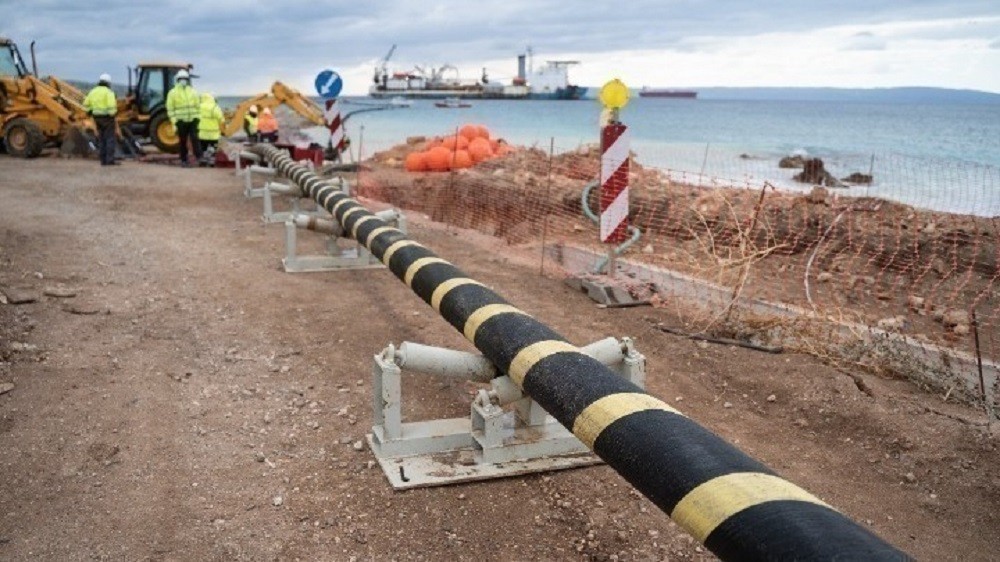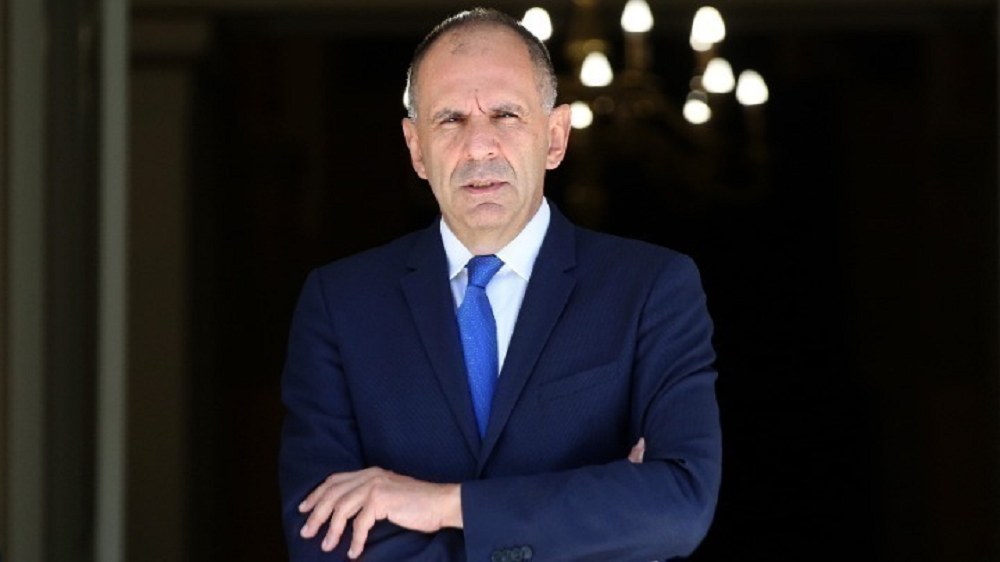
EU Commission stresses the need to create hotspots on islands within the agreed framework
The EU Commission on Tuesday stressed the need to create hotspots on islands within the agreed framework.
According to the European Commission, five hotspot areas have been identified by the Greek authorities on Lesvos, Leros, Kos, Chios and Samos. So far, only the hotspot in Lesvos is operational. Greece has appointed hotspot coordinators and has created a central coordination committee, but must complete the construction of the hotspots in line with the planned timetable, and improve the organisation of the hotspots, it said in a report published on Tuesday.
Member States should continue to support Greece by making available the necessary experts to ensure the full rollout of the hotspots. Frontex will now assist Greece with the registration of migrants in the Northern Border region by deploying additional border guards and will deploy Rapid Border Intervention Teams (RABIT) in the Aegean islands and sea, at Greece’s request.
Greece has committed to increasing reception capacity to 30,000 places for asylum seekers in Greece by the end of the year, and will be supported by the UNHCR in providing at least 20,000 more – a pre-condition to make the emergency relocation scheme work. On 14 December, the European Commission concluded an agreement with the UNHCR on the financing of a rental scheme to provide for the 20,000 reception capacities through Commission financing of 80 million euros.
The programme would also fund the establishment of 7,000 first reception places in the hotspots. Under this programme Greece is preparing to start the construction of 4,500 additional accommodation spots on Lesvos, Leros and Kos. Greece has also signed a grant agreement with the Council of Europe Development Bank for the construction of up to 700 reception places in Eleonas. In total, 35,000 reception places should be available in Greece by early January 2016 – thus exceeding the commitment taken by Greece at the Western Balkans Leaders’ meeting of making 30,000 places available by the end of 2015.
The report noted that Member States have agreed to support Greece by relocating 66,400 people in need of international protection. Relocation has started very slowly, but there have been signs of improvement in recent weeks. The first relocation flight took 30 asylum seekers from Greece to Luxembourg on 4 November. As of today, 64 asylum seekers have been relocated from Greece. Another 370 relocation candidates have been registered and 297 relocation applications have been submitted to other Member States for approval. Only 9 Member States have offered places to Greece for relocations, providing for 305 places, while 14 Member States have appointed Liaison Officers to support the process on the ground. Member States must substantially increase their support to make the system function properly.

